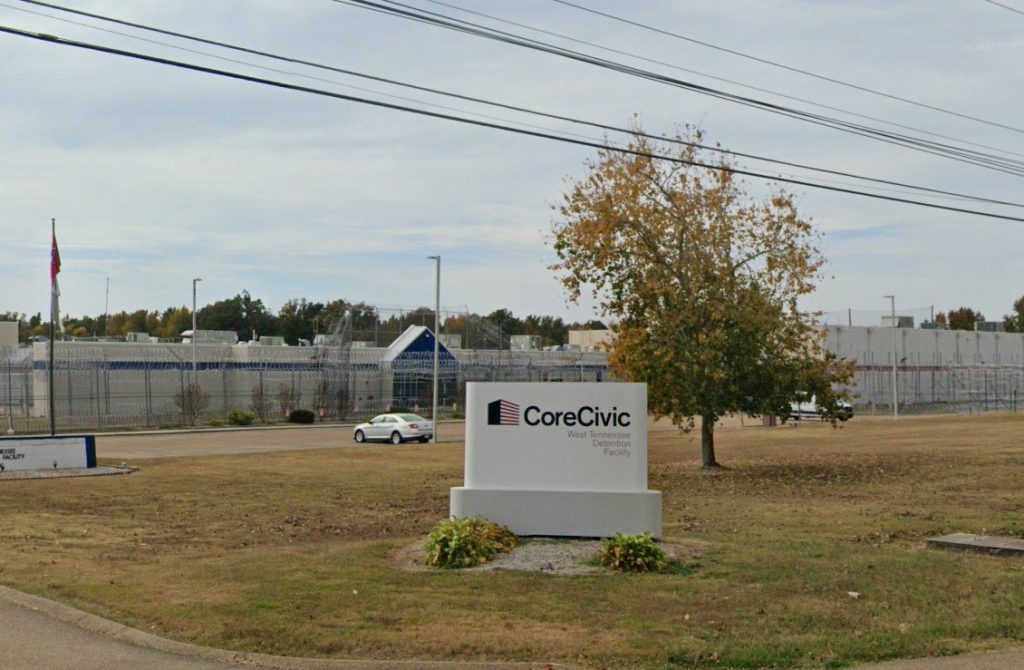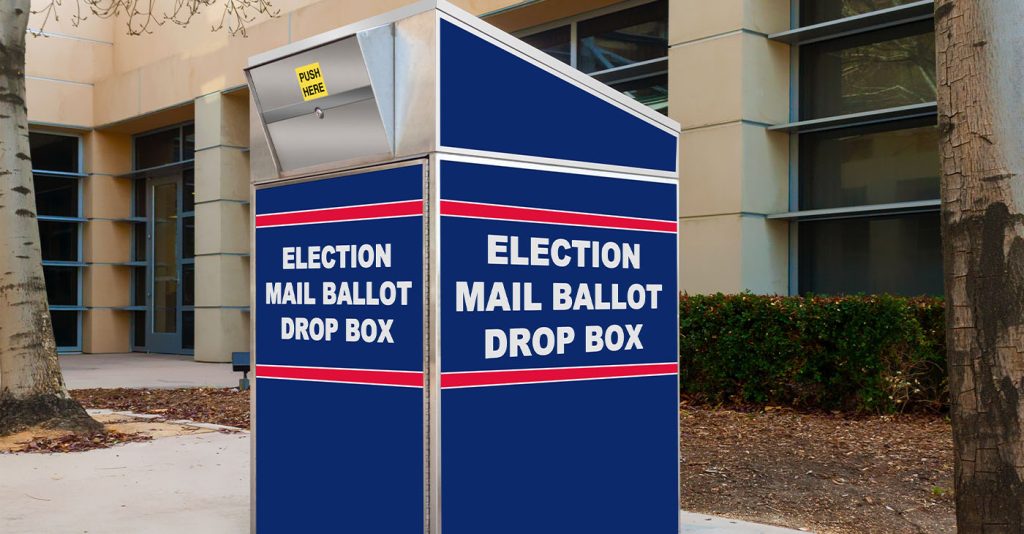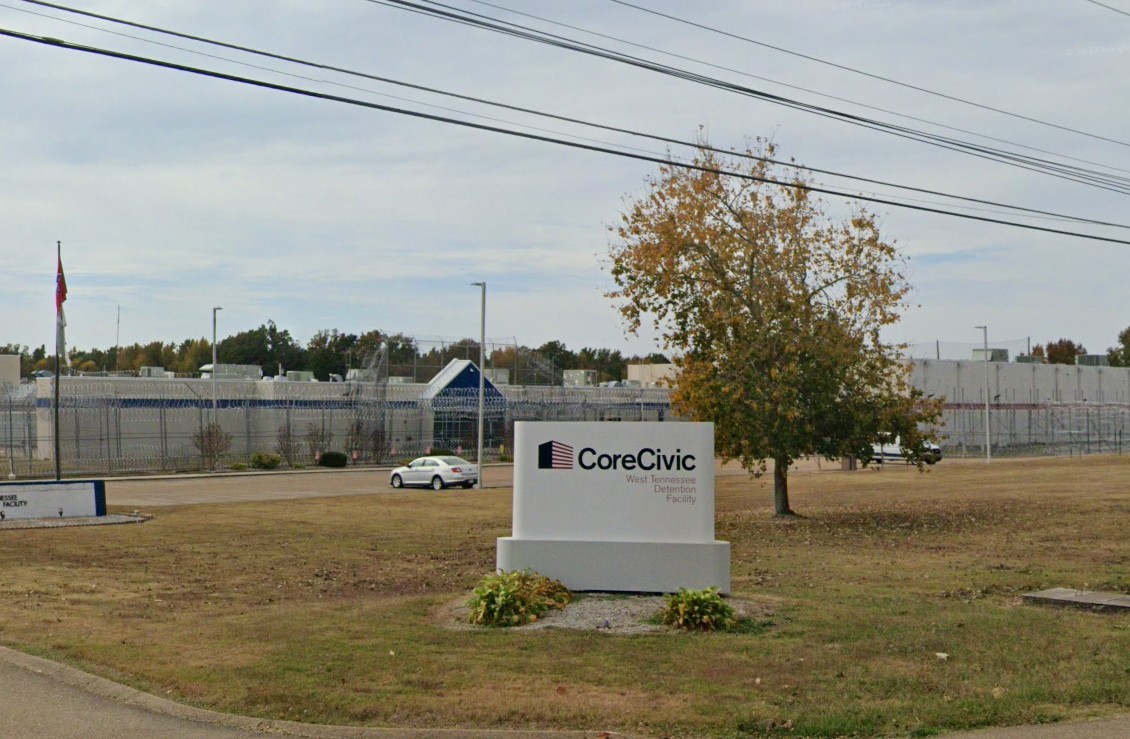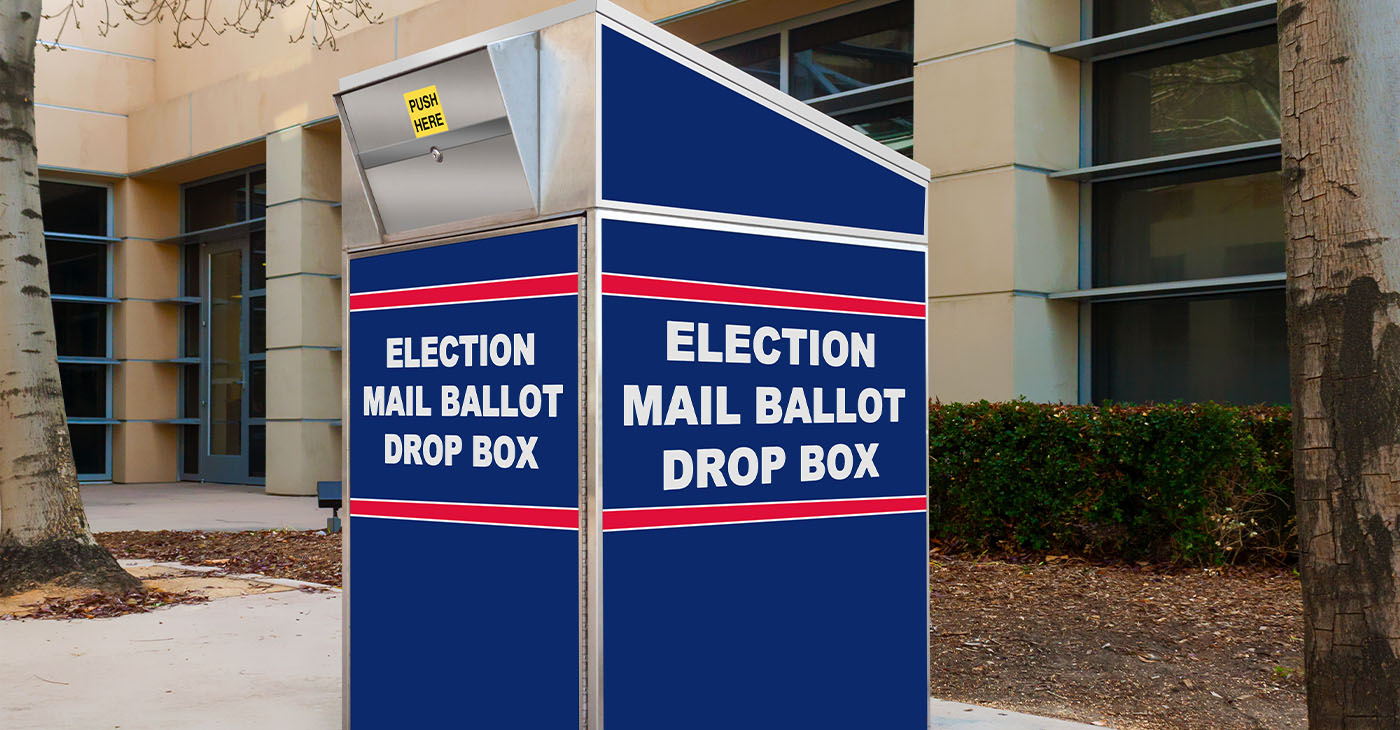
MASON, Tenn. — Officials in the rural town of Mason, Tennessee, voted to approve contracts that would reopen the shuttered West Tennessee Detention Facility as an immigration detention center operated by CoreCivic, one of the nation’s largest private prison companies.
The 600-bed facility in Tipton County (closed in 2021 when the Biden administration began phasing out contracts with private prisons), had previously housed detainees for the U.S. Marshals Service. Under the new agreement, the site would reopen to hold individuals for U.S. Immigration and Customs Enforcement (ICE).
CoreCivic, which operates more than 80 facilities nationwide, said the Mason site would create nearly 240 jobs with a starting salary of $26.50 an hour for detention officers, plus benefits. Company officials estimated the facility would generate about $325,000 in annual property taxes and provide the city with more than $200,000 each year in impact fees for schools, infrastructure, and other local projects.
“Total annual revenue once the facility is fully activated is expected to be approximately $30 to $35 million,” CoreCivic said in a statement, adding that the site is expected to be fully operational by early 2026.
Mayor Eddie Noeman praised the project as a business investment for Mason. “I’m not understanding why people are against it,” he said. “It’s not human rights, we don’t have nothing to do with it. The Town of Mason has nothing to do with anything going on in the facility.”
Residents expressed mixed opinions at the special board meeting, with some opposing the return of a detention site while others pointed to the promise of new jobs and local investment.
CoreCivic emphasized in its statement that it does not enforce immigration laws or determine who is detained, saying its role is to house individuals “respectfully and humanely” while they go through due legal process. The company also stressed that operations would take place under the oversight of ICE.
The American Civil Liberties Union of Tennessee quickly challenged the legality of the town’s decision. In a letter to Mayor Noeman and the board of aldermen, ACLU officials argued that the vote did not meet the legal threshold for approval because abstentions cannot be counted as ‘yes’ votes.
“Officials cannot ignore their own laws to push through a harmful contract that will generate $30 million in corporate profits for a for-profit prison company,” said Stella Yarbrough, legal director for the ACLU of Tennessee. “We are demanding that Mayor Noeman and the board acknowledge this vote failed and immediately halt this illegal arrangement.”
The ACLU has requested written confirmation from Mason officials within seven days and called for an immediate halt to all contract activity with CoreCivic and ICE.
While CoreCivic has not released a timeline for reopening, the company says recruitment efforts are underway, with more than 2,100 applicants already expressing interest in the new jobs. Town officials, meanwhile, face mounting pressure from advocacy groups to revisit their approval.
As Mason weighs the economic benefits against legal and ethical challenges, the future of the West Tennessee Detention Facility remains under scrutiny from both local residents and statewide civil rights advocates.











